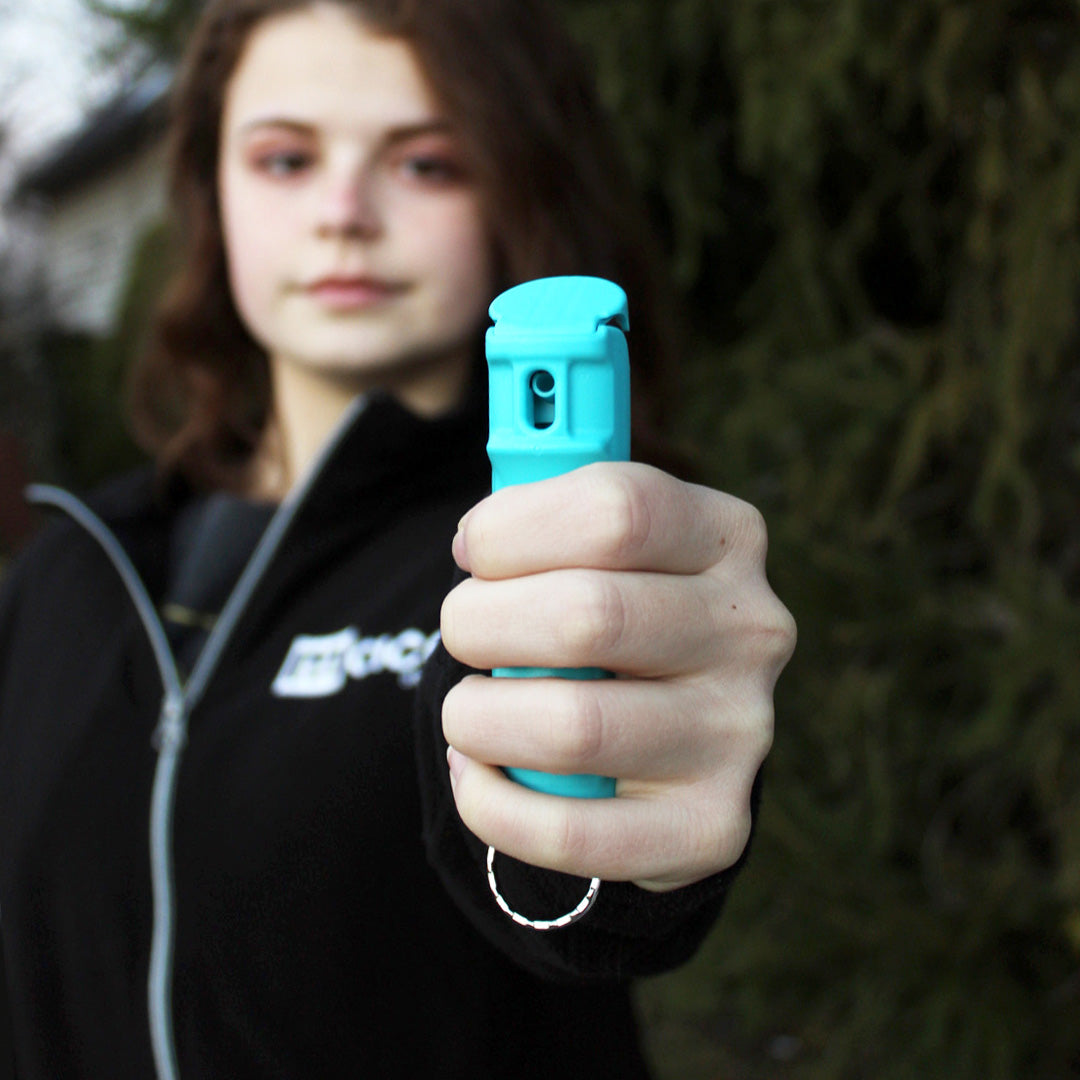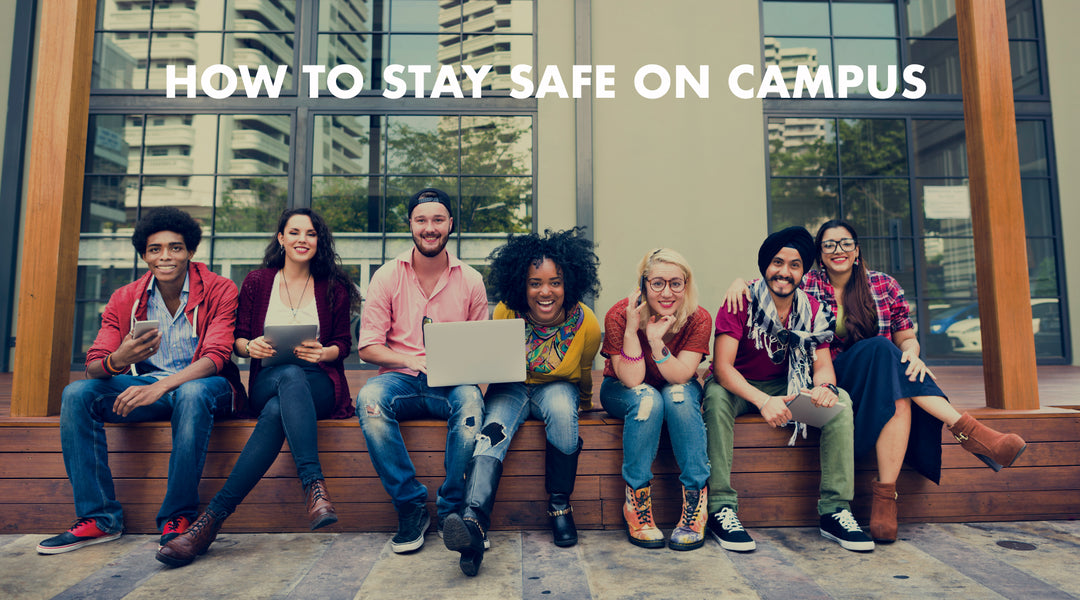Back to School Anxiety - Best Ways to Help Your Child
What does "Back to School" mean to you? Probably something much different than what it means to your child. Back to school means back to routines, back to less sunlight in the evening, and back to homework, right? Perhaps, but for some kids, back to school means fear, anxiety, and worry.
Some schools are still debating if face coverings will be mandatory or not, and for how long if they are required, which can add to the anxiety students and parents feel as classes begin. Some students will be making a transition from remote learning to in-person classes. It remains a time of change. Let us be your guide when it comes to reducing the anxiety associated with going back to school. There are several things you can do to help your child, and it is important to foster healthy coping skills.

SAY IT OUT LOUD
Communication is key. Talk to your kids often about heading back to school, and keep talking to them during the first few weeks of classes. Try to make your conversations active and open. This can help reduce stress by letting your children talk about what they're thinking. Let your child take the lead and tell you what he or she is concerned about when it comes to school.

ESTABLISH STRUCTURE
Creating routines creates structure, which provides comfort to most students. Will your children start homework right after school or wait until after dinner? Is a quick snack a good way to let your kids unwind from school? Remember, they're getting used to new school routines as well. A healthy diet and sleep schedule at home can help reduce irritability and stress during the first few weeks of school. Small things like helping your child pick out the next day's school clothes the night before can help students have a more enjoyable morning as everyone adjusts to a new routine.

FOCUS ON ACTIVITIES
"What did you do fun today?" That question is usually followed by an answer about recess or an activity that happened before or after school. Take time to focus on these activities. And don't forget about family activities as well. At a time when things are changing in everyday life, time spent on family activities can take away some uncertainty. Play board games together, eat together, even a walk around the block together can be helpful.

ADD A PERSONAL ALARM FOR SAFETY AND SECURITY
There is comfort in security. And providing community and family safety through individual empowerment is what we're all about at Mace® Brand. A personal alarm from MACE® can clip onto your child's backpack, and each alarm also includes a built-in whistle.
LOOK FOR SIGNS OF ANXIETY
Watch for headaches, stomach pain, sleep problems, or frequent questions about future events. Kids tend to change gears quickly, so encouraging positive thoughts is important.
DON'T BE AFRAID TO SEEK HELP
If your child's anxiety is having an effect on school attendance, sleeping, or eating, and carries on for more than a few days, call your pediatrician or family doctor and ask for help. You're not alone. Medical professionals know that anxiety is on the rise in children, and they know how to help.
Another story you would enjoy: Advice for Safety at School | Daily Safety Tips | Mace® Brand





Leave a comment